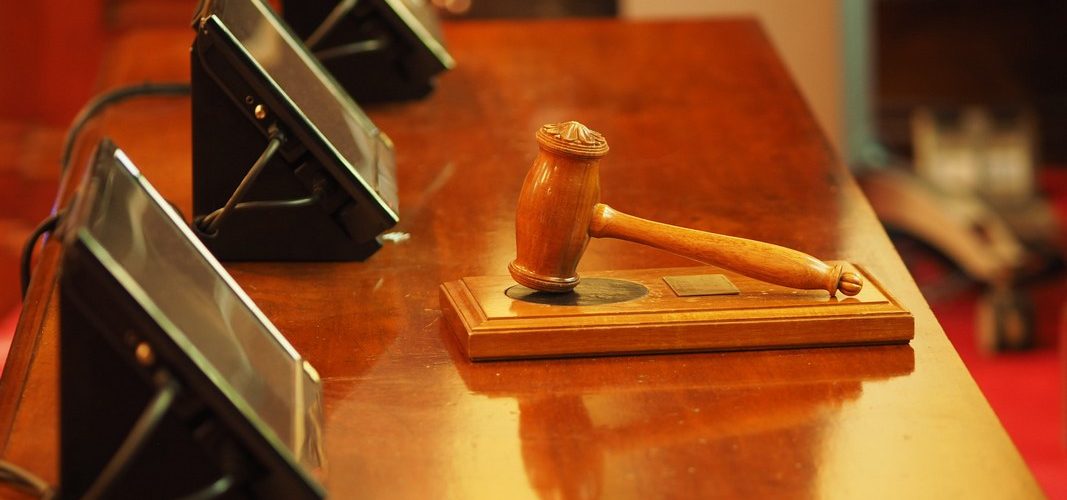C-438/09 Boguslaw Juliusz Dankowski (Link)
The case deals with the right to deduct in case the invoice is issued by a non-registered business.
Facts (simplified):
Mr Dankowski is the owner of an undertaking named Dan-Trak. He purchased marketing services Mr Placek, the manager of an undertaking named Artem-Studio. However, Mr Płacek had neither complied with the requirement to register for VAT, nor paid VAT, although he had issued invoices for the services that were provided and charged VAT on those invoices.
Mr Dankowski wanted to recover the VAT charged on the invoices issued by Mr Placek, but the tax authorities denied this, arguing that the supplier (Mr Placek) was not VAT registered, and had not paid the VAT to the tax authorities. In their view, Mr Placek had failed to comply with the registration obligation, and the invoices he had drawn up did not constitute a basis for deduction of input tax.
Decision
The European Court of Justice repeats that a taxable person can only recover any input VAT charged to him, if he has a valid VAT invoice, meeting the VAT invoicing requirements. However, the right to recover input VAT is a basic right, that should not be made impossible of hindered, if the taxable person acts in good faith and it can be proven on the basis of ‘documentation’ that the taxable activities actually took place and VAT had been correctly applied.
The fact that in this case the invoices issued by Mr Placek did not mention his VAT registration number (one of the VAT invoicing requirements), should not make it impossible for Mr Dankowski to deduct the input VAT charged on these invoices.
Important in this case is that the recipient acted in good faith, and the national tax authorities had information about the transactions and the service provider.
“35. Where the competent tax administration has the information necessary to establish that the taxable person is bound to pay VAT as the recipient of commercial transactions, it may not impose any further conditions on the latter’s entitlement to deduct input VAT, which may lead to the exercise of that right is prevented (see Cases C-95/07 and C-96/07 Ecotrade [2008] ECR I ‑ 3457, paragraph 64, and 30 September 2010, Uszodaépítő, C ‑ 392 / 09, not yet published in the European Court Reports, paragraph 40).”
These considerations led to the following decision of the ECJ:
- Articles 18(1)(a) (Art. 178(a)) and 22(3)(b) (Art. 226 to Art. 231) of the Sixth Directive […], as amended by Directive 2006/18 […], must be interpreted as meaning that a taxable person has the right to deduct VAT paid in respect of services supplied by another taxable person who is not registered for that tax, where the relevant invoices contain all the information required by Article 22(3)(b), in particular the information needed to identify the person who drew up those invoices and to ascertain the nature of the services provided.
- Article 17(6) (Art. 176) of the Sixth Directive […], as amended by Directive 2006/18 must be interpreted as precluding national legislation which excludes the right to deduct VAT paid by a taxable person to another taxable person, who has provided services, where the latter has not registered for the purposes of that tax.
Note from the editors: In practice, this case may be interpreted in such a way that the VAT invoicing requirements are not that important for the recovery of input VAT. This is certainly not the case! This case was ruled before the new EU VAT Invoicing Directive (Council Directive 2010/45/EU of 13 July 2010), in which the VAT invoicing requirements are described and harmonized for all EU countries, applicable as of 1 January 2013.
As with many ECJ cases, this case must be seen as an example and an exception to the main rule. In practice, if you receive an invoice that does not meet the VAT invoicing requirements (such as missing the VAT identification number of the supplier), you must contact your supplier and ask for the reason why the invoice is not complete or correct.
That does not mean that this case also shows that tax payers who are acting in good faith, and who can prove with additional information and documents that they can deduct input VAT, may have the ECJ on their side in discussions with the tax authorities.
Newsletters / comments:















